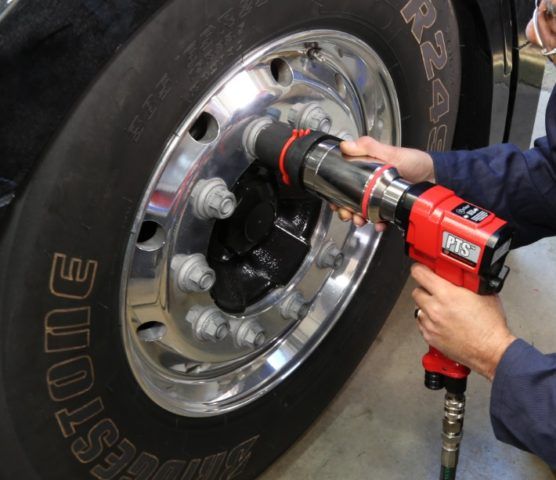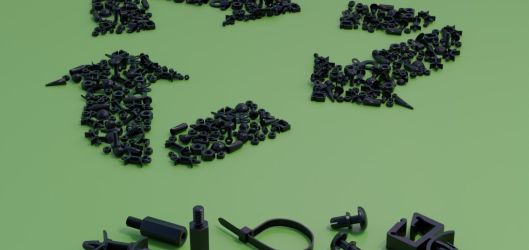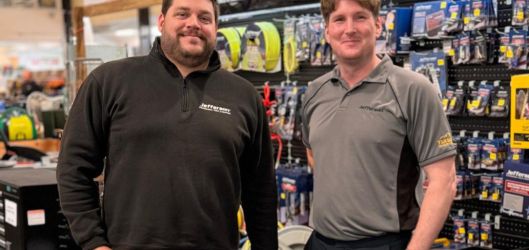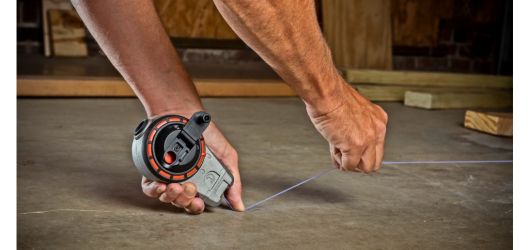
UK headquartered Norbar Torque Tools hit the headlines last month when it revealed it was being acquired by Kenosha, Wisconsin-based Snap-on incorporated.
At first glance, it’s a big departure for a tool manufacturer that has been owned and managed by descendants of the founder, William Brodey, for over 70 years, but the Snap-on Incorporated deal was mooted a long time ago – Torque learns – and the two companies have a background that extends back to the 1940s. William Brodey’s introduction to the tool business was as a distributor for Snap-on products in the early 1940s.
So why now? And what does the move mean for Norbar, its customers (and potential customers) in the future? Torque quizzed Sales and Marketing Director Philip Brodey on the deal and finds that Brexit played a role in the gamechanging acquisition…
How’s business?
Norbar’s business is quite reliant on the oil and gas and mining sectors so we saw some distributors struggling in 2015/16. However, 2017 is stronger. We are up on 2016 with a good order book. In our torque wrench assembly area we are recruiting new staff, and in our gearbox manufacturing process we are investing in machinery.
How long was the Snap-on Incorporated acquisition in the works?
They called us a week after the Brexit vote and we signed heads of terms in January. However, they originally asked us in 1999!
What does it mean for your customers and partners?
The message to our customers and partners is “business as usual”.
Norbar mentioned there will be an opportunity to grow production in Banbury – can you give us any more detail, eg any specific product ranges that would might be ramped up in production?
We are expecting the biggest impact to be on our geared products – torque multipliers and pneumatic and electronic torque tools. These are products that were not previously manufactured within the Snap-on group of companies. In some cases Snap-on buys-in products from outside of the group but more often they were having to miss out on sales opportunities due to the lack of suitable products in their range.
Norbar also mentioned the opportunity to expand in non-EU nations – are there any regions in particular where you see potential?
The largest and most immediate opportunity is for the USA. We have worked hard in the US for over 50 years but the result has been quite modest considering the market size. Snap-on has a well-established and substantial industrial sales network in the US and we now have the potential to give our products the sort of exposure that was never possible before. However, we are aware that we also need to tread carefully so as not to outstrip our capacity to manufacture the products and also to not disrupt our loyal customers in the market.
Are there any other opportunities from the acquisition that you can share with us?
From a distribution point of view, we will shortly start exploring the opportunity to expose Norbar products through Snap on’s industrial distribution network in the US, starting with states in which we currently have limited sales. We will also be considering the Norbar products that can be branded for Snap-on group companies and also products manufactured by Snap-on group companies that could be supplied to Norbar.
Then, there is the technology within the Snap-on group that could be incorporated into Norbar products. It is no secret that Norbar was late to the electric torque tool market. Our corded torque tool, EvoTorque, is making big inroads into the wind energy construction and maintenance market but we do need to expand our electric torque tool range and Snap-on can help us to do that.
When will the acquisition be completed?
The acquisition was completed on 4 May 2017.
Aside from the acquisition, Norbar opened its new UK HQ last year – has the dust now settled and has it made a difference to the day-to-day running of the business?
Yes, we have been here at Wildmere Road for almost a year and it is as if we were never anywhere else! The most immediate benefit was that after four years of the company being split across two sites, we are back under one roof. The extra floor area has allowed us to lay the processes out in a more efficient way and the space has enabled us to add several new machine tools in the course of the last ten months. On top of that, we now have a superb facility that is a pleasure to work in and that we are proud to invite our customers and suppliers to visit.
Are you seeing any trends in the sector at the moment, in terms of product and also in terms of the tool distribution business?
In terms of products, everyone is talking about the ‘Internet of Things’. We currently have two product ranges that can be wirelessly connected to the outside world but it seems likely that all but the most basic of our products will be connectable in the future. In terms of distribution, it is e-commerce that is still the disruptive technology. In the US you can now purchase virtually any type of torque tool, even high capacity pneumatic and hydraulic torque wrenches, from Amazon! It seems likely that Amazon will push this B2B sales model into other markets like the UK. In response, some of the large ‘bricks and mortar’ industrial distributors are planning a more web based sales platform. Evidence from the US would suggest that they are not always going to get the model right initially but where is the greater risk – in trying to change or in pretending that nothing is happening?!
Any final thoughts for our readers?
We have been asked a few times “was Brexit the reason you decided to sell”? The answer to this is that Brexit was not the reason but it was certainly a factor in persuading us to accept Snap-on’s offer. Norbar derives a third of its revenue from the EU, not counting the UK. We don’t know what sort of Brexit we will have but even under the most optimistic scenarios we will be less competitive in the EU than we currently are. To protect our existing sales and to grow into the future, we need to become less reliant on the EU but Norbar was already making big efforts in USA, China, India and South East Asia with far more time and money being invested in these regions than in the EU. For the USA we needed a different approach and Snap-on gives us a great opportunity to access this important market.
This interview was first published in the June edition of B2B-focused Torque Magazine, covering the fastener, tool and related industries. Subscriptions are free for the industry.



